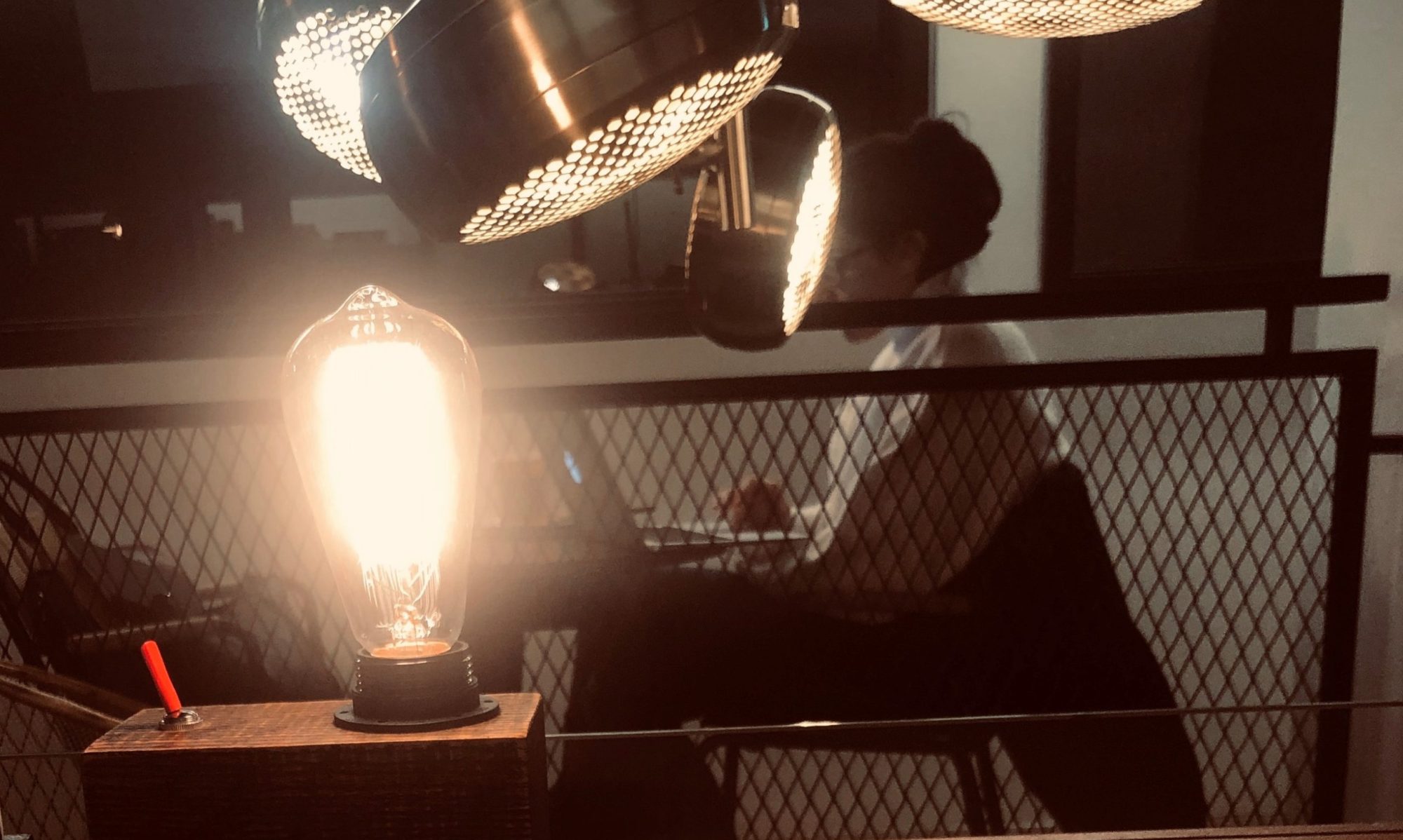As my friend drove me home last night, she gave me this song about depression, and as I listened to a preview on the car radio as she sped through the dark street to the roundabout, the song consumed me.
It is so raw, so real, so painful.
The song starts with soft whistling, almost a plea for the simpler time where whistling in songs was to show nonchalant. Then the piano starts echoing the notes of the whistle, and the singer begins describing depression at its best.
Depression is controversial. The opposition and the hypocrisy of this feeling feed off every part of rotten skin and grow the fungus within. The song explains the battle inside us that is too suffocating for anyone to see.
The silent killer. I see it as a behemoth ebony beast. The beast is bigger than a human being yet lives inside it- imagine the weight of a bigger body residing inside your body. The beast is always laughing, with sharp teeth and spitting saliva all over because nothing outside your body is worth making you this sad; the monsters outside are not worth not smiling for. It is the beast inside of you that is the problem. The beast within you mocks your fragility, tells you that you are too frail to speak up.
On most days, the beast disallows you to show part of its gruesome teeth out in the open. The beast tells you that no one cares, that no one will understand, that they will leave you. They will abandon you if you so much shed a tear. Every day, the beast cites all the reasons why everyone you care about will hate you and stop wanting to be friends with you if you tell them anything, and you believe it because why would it lie to you?
The song explains depression as a him, the singer.
“A voice inside me calls me from far away. I recognize it but I go astray. It’s a drop of white in the darkness, it is flesh calling to stone. It’s naive innocence, which I, the two-faced world, always disown. I am its cellmate and its jailer, locked in; I hold the keys but I’m too cowardly to open. I am the perpetrator and the victim. I keep on asking why, although I am every reason. He is I, and I am he. War rages on inside of me. It’s deep in me, it’s killing me, I can’t escape or flee.”
A drop of white – Cairokee
Then the song intensifies, the words get lost between the many musical instruments being played fastly. We run as the music runs and the singer’s voice gets higher. And he tells us that time waits for no one and that it is his fault for believing all the false promises, and it keeps on running, and the loudness gets higher and in the middle of intensity of the emotions and self-blame and loathe;
The music stops. Complete silence, except for the sound of a whistle. The same whistle we heard at the beginning of the song, the same rhythm.
It has comforted me.
Fyi, remember the chicken I told you about in the previous post? The cover photo above is it. (:


